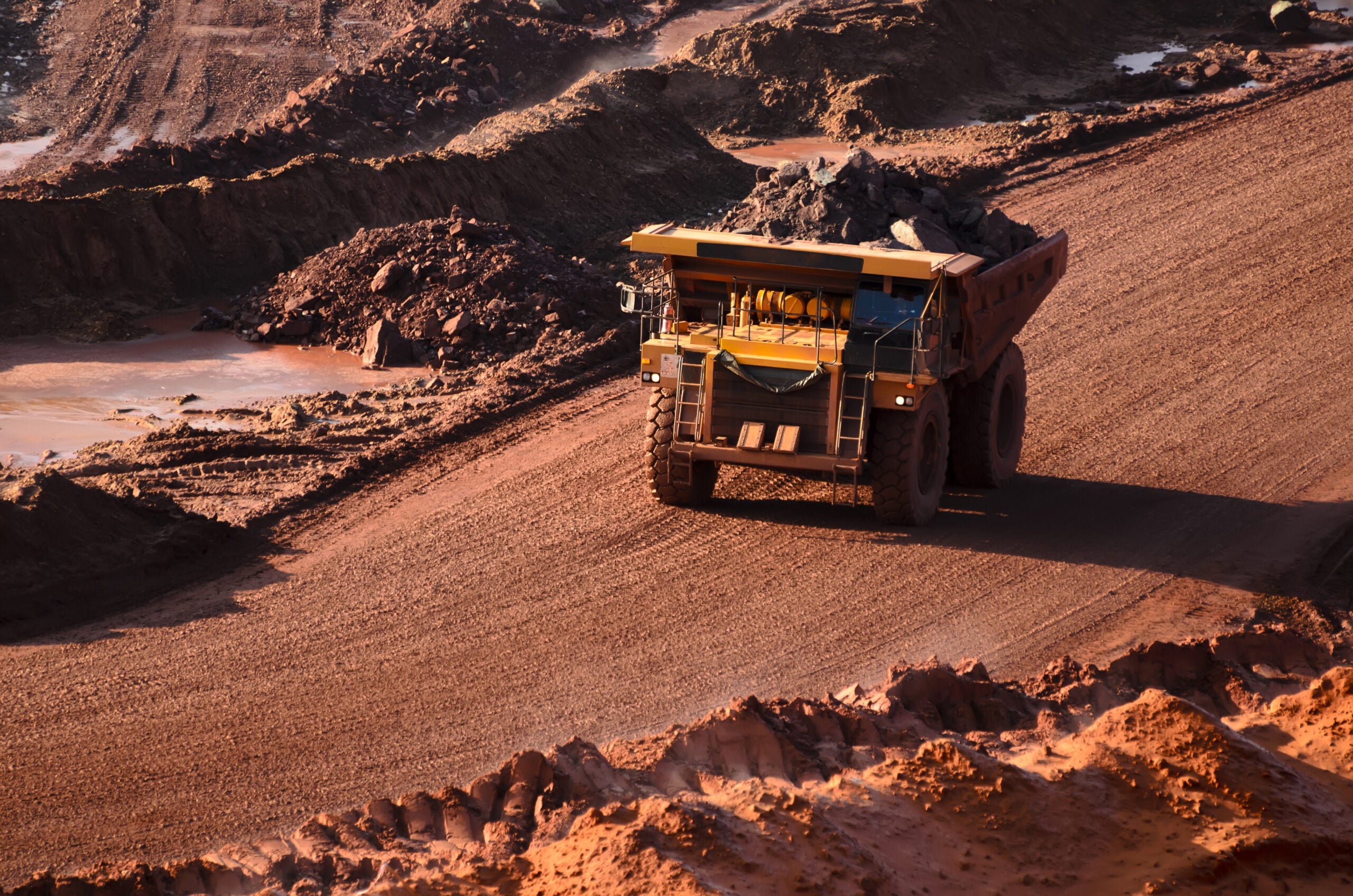
Productivity is everything in mining. The more tonnes of ore that an operator extracts from the ground, the greater their profitability. And the longer any unplanned stoppages last, the greater the economic pain.
With COVID-19 continuing to impact on both mining-equipment supply chains and the availability of service personnel, mining operators are looking for ways to extend operating life and reliability.
Paul Allenby is Regional Sales Manager for BTP, a leading mining machinery provider that serves mining clients across Australia. He says one key way that mining operators can rise to the challenges of the current environment is by using high-quality equipment and well-built components that last longer.
“If you’re a mining operator and your machines are down for any unplanned work, that throws your world into chaos and has knock-on effects throughout the operation. So, reliability is always at the forefront,” he says. “But we’re in an environment now where the ability to quickly respond to failures is diminished. So, if we can find a way to prevent a failure, then absolutely we’re going to do it. And if we can build in additional reliability, we’re going to do that, too.”
BTP is Headquartered in Perth, Western Australia, and has specialist facilities strategically located in Australia’s major mining hubs, with locations in Mackay, Queensland, and Mount Thorley, New South Wales. It supplies rental equipment and parts and builds hydraulic cylinders for mining customers.
In the hydraulic cylinders that BTP builds for surface mining equipment, the company uses cylinder seal kits from mining equipment specialist A.W. Chesterton Company. “We use them for the front suspension cylinders, hoist cylinders, and rear suspension cylinders on loaders, dump trucks, dozers and graders,” says Allenby. “We use the Chesterton product because we see it as more robust than the alternative. It gives us reliability at a price point where we can be competitive.”
While quality parts and components may cost a little more, most mining customers understand the value they bring, Allenby explains: “It’s simple. If the product you’re selling doesn’t last, customers will stop buying from you,” he says. “Mining, in particular, is very cost-competitive and operators are always looking at the cost per hour and cost per tonne of production. That kind of approach is supported by-products that are more reliable and more durable.”
To read the full interview with Paul Allenby, download the whitepaper below.


